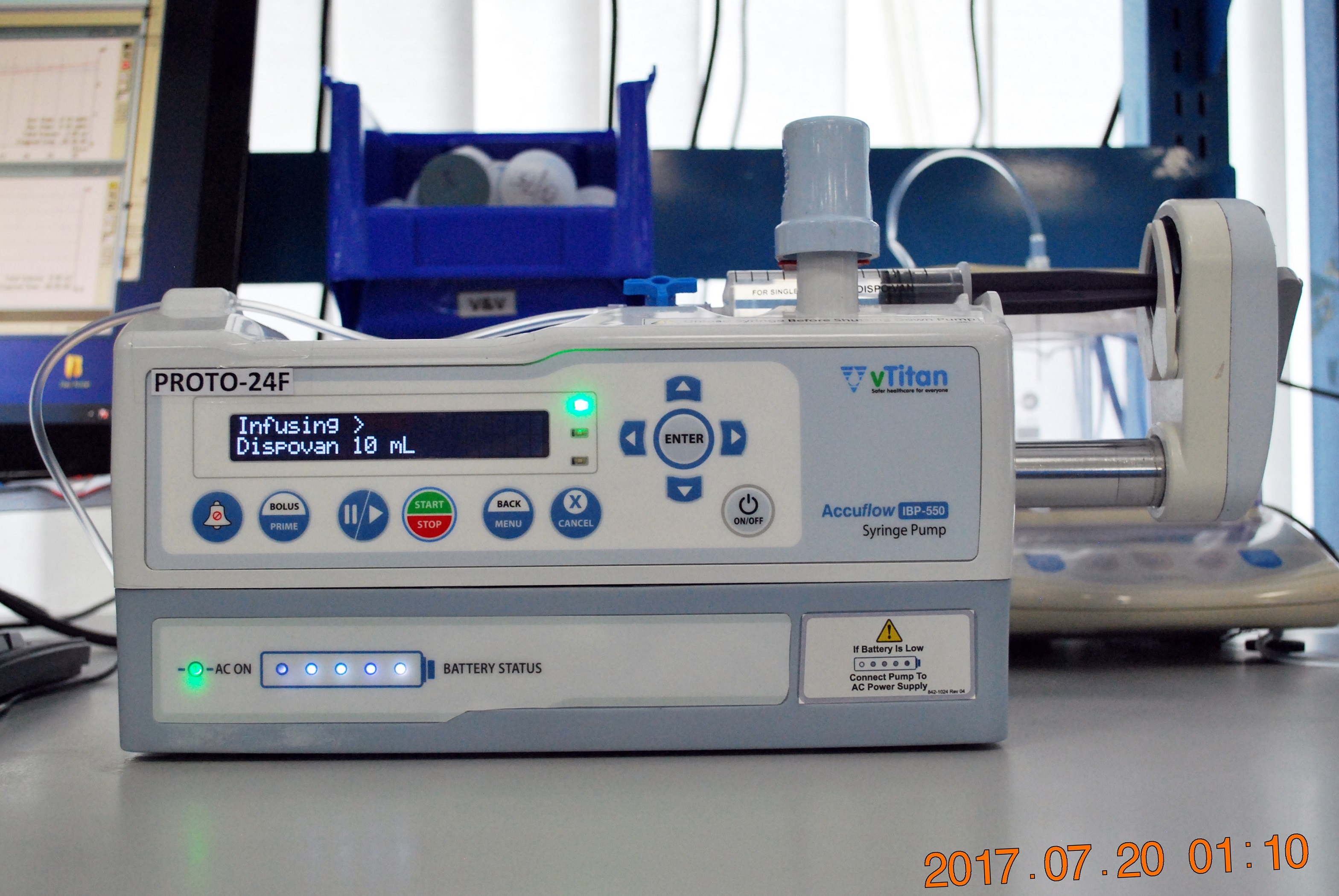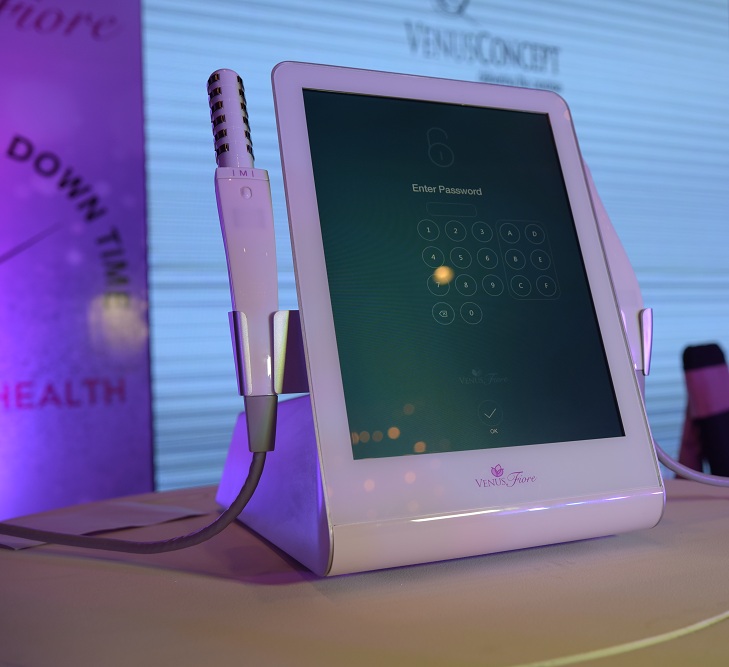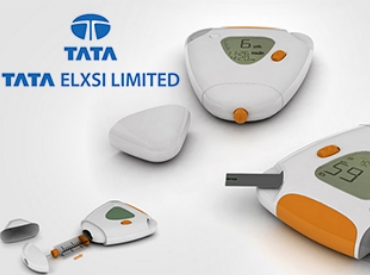With the advent of technology, wireless electric medical devices are getting sleeker and smarter, but their security and privacy features are lagging behind. Security experts believe that an insulin system, consisting of a wireless insulin pump in combination with a glucose monitor worn by hundreds of thousands of diabetics in the US is vulnerable to hack attacks.
Using off-the-shelf hardware, the user manual and publicly available information, the scientists tapped into information on the system like insulin dosage and glucose readings. With the PIN access code of the device, they showed that they could also wirelessly control the dosage of insulin. Though wireless security is a well trodden path when it comes to cellphones and home routers, tackling the issue for a medical device is a whole different ball game. Medical devices are getting smaller and lighter, so that they are easily worn and carried around, and additional security features would put an additional strain on the battery power and size. It’s also possible that they’d cost more.

Those are issues device manufacturers will have to grapple with. Another way to make the communication system secure, they say, is to use a technology called body-coupled communication that uses the human skin as a wave guide for wireless communication. The insulin pump/glucose monitor hack isn’t the first time a medical device has been compromised. Three years ago, another group of security researchers hacked into and took over a combination heart defibrillator and pacemaker, made by Medtronic, a manufacturer specializing in heart implants. At a research conference, the researchers showed that they could shut it down and reprogram it to deliver potentially lethal shocks if the device had been in a person. So our goal back then in 2008, and similar research today, is to understand what the risk is, before it becomes a threat. Though the researchers would like to get device manufacturers and researchers working on this problem, they are clear that the devices are by no means unsafe to use. The next generation of insulin pumps is looking pretty sharp.
The Artificial Pancreas Project, for example, is working on a device that will automatically adjust the wearer’s insulin dosage based on real-time changes in blood glucose levels. When the device does make it into the market, security is something its manufacturers will want to take note of.

Be a part of Elets Collaborative Initiatives. Join Us for Upcoming Events and explore business opportunities. Like us on Facebook , connect with us on LinkedIn and follow us on Twitter , Instagram.












